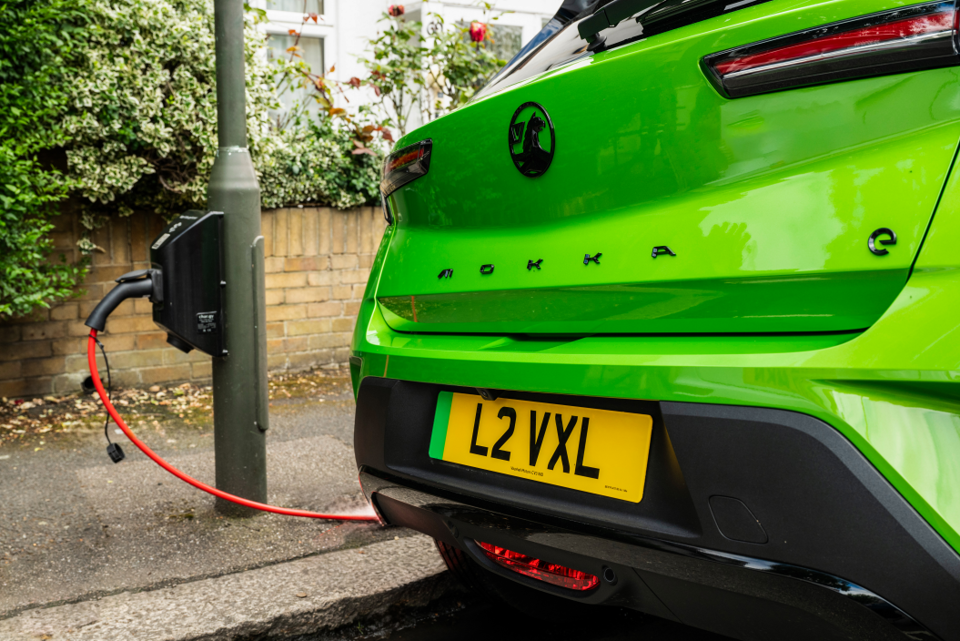Only 2.3% of the UK's on-street electric vehicle (EV) chargers are adapted for disabled motorists, according to new Freedom of Information research by Vauxhall.
This research, based on data provided by councils across the United Kingdom, studied the considerations given to disabled drivers by local authorities when installing on-street residential charge points.
From the 223 councils that provided data to Vauxhall, only 450 out of 19,456 on-street charge points in the UK have been specifically adapted for disabled drivers, representing just 2.3% of the total.
Only 2.3% of the UK's on-street electric vehicle (EV) chargers are adapted for disabled motorists, according to new Freedom of Information research by Vauxhall.
This research, based on data provided by councils across the United Kingdom, studied the considerations given to disabled drivers by local authorities when installing on-street residential charge points.
From the 223 councils that provided data to Vauxhall, only 450 out of 19,456 on-street charge points in the UK have been specifically adapted for disabled drivers, representing just 2.3% of the total.
The findings also indicate that only 105 (0.5%) on-street charge points are located in disabled parking bays, and 238 (1.2%) meet the British Standards Institution’s PAS 1899:2022 guidelines, introduced to ensure minimum accessibility standards for public charge points.
Vauxhall released these findings as part of its Electric Streets of Britain initiative, which aims to support the 40% of UK households without off-street parking.
With over 16 million disabled people in the UK, research by the Motability Foundation predicts that 1.35 million disabled drivers will rely on public charging infrastructure by 2035.
James Taylor, managing director of Vauxhall, said: “This new research clearly demonstrates that accessibility is a critical issue in the EV charging infrastructure. While the focus often falls on the number of chargers and charging times, accessibility is crucial for making the switch to EVs practical and inclusive. Currently, it presents a significant barrier for disabled motorists, especially those without home charging options.
“It is vital that the transition to electric vehicles is inclusive for all. At Vauxhall, we aim to ensure everyone is part of this journey. Although there are guidelines to support disabled drivers, they are not mandatory. Our research shows limited implementation, which needs to change to meet the needs of all motorists. We urge drivers to register their personal needs for on-street charging through ElectricStreets.co.uk to ensure all voices are heard as the UK moves towards electrification.”
The research also highlights that, despite London councils installing over 60% of the nation’s on-street chargers, none are adapted for disabled users, and only 12 out of 11,747 on-street chargers in the capital are located in disabled parking bays.
Launched in 2023, Vauxhall's Electric Streets of Britain works with leading charging operators char.gy, Connected Kerb, and SureCharge to make EV infrastructure accessible for all drivers. The initiative has created a national database allowing UK motorists to register their interest in on-street residential EV chargers and specify any particular requirements related to their disabilities. Vauxhall is also a founding member of the Motability Scheme, and has worked closely with Motability Operations since the business began in 1977, offering a range of vehicles to suit various disabilities.
Login to continue reading
Or register with AM-online to keep up to date with the latest UK automotive retail industry news and insight.
















Login to comment
Comments
No comments have been made yet.